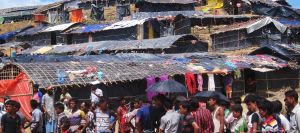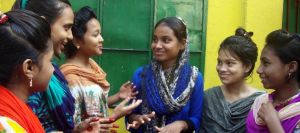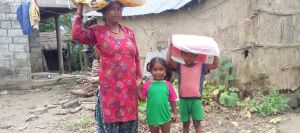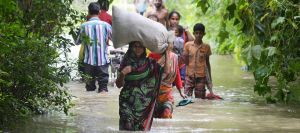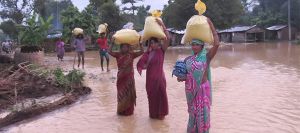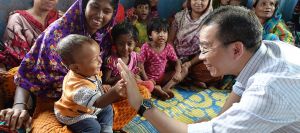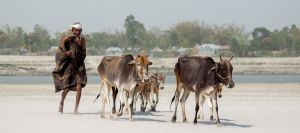
Give US our Daily Bread
Written by: Tony Chan (CEDAR’s Senior Partnership Development Officer and Pastor) Matthew chapters 5 to 7 documented Jesus’ Sermon on the Mount. At the end of the teaching, He invited the crowds to make a choice: Enter through the narrow gate and live faithfully according to His teachings. He pointed out the consequence of their choices (7:13-23). Jesus then told the parable of the wise and foolish builders; and the wise would put His words into practice (7:24-27). Jesus often took reference from daily life to explain through parables about difficult teachings. From the parables of the house builders, we learn that even in Jesus’ times, people were aware of the power of the nature and would try


